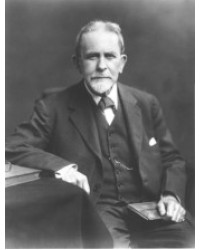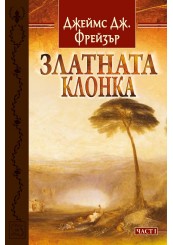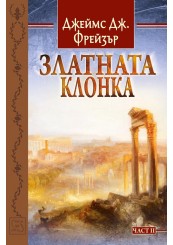James G. Frazer

Sir James George Frazer OM FRS FRSE FBA (1854 – 1941) was a Scottish social anthropologistinfluential in the early stages of the modern studies of mythology and comparative religion. He is often considered one of the founding fathers of modern anthropology.
His most famous work, The Golden Bough (1890), documents and details the similarities among magical and religious beliefs around the globe. Frazer posited that human belief progressed through three stages: primitive magic, replaced by religion, in turn replaced by science.
He was born in Glasgow, Scotland, the son of Daniel F. Frazer, a chemist, and his wife, Katherine Brown.
Frazer attended school at Springfield Academy and Larchfield Academy in Helensburgh. He studied at the University of Glasgow and Trinity College, Cambridge, where he graduated with honours in Classics (his dissertation was published years later as The Growth of Plato's Ideal Theory) and remained a Classics Fellow all his life. From Trinity, he went on to study law at the Middle Temple, but never practised.
Four times elected to Trinity's Title Alpha Fellowship, he was associated with the college for most of his life, except for a year, 1907–1908, spent at the University of Liverpool. He was knighted in 1914, and a public lectureship in social anthropology at the universities of Cambridge, Oxford, Glasgow and Liverpool was established in his honour in 1921. He was, if not blind, then severely visually impaired from 1930 on. He and his wife, Lily, died in Cambridge within a few hours of each other. They are buried at the Ascension Parish Burial Ground in Cambridge, England.
His sister Isabella Katherine Frazer married the mathematician John Steggall FRSE.



